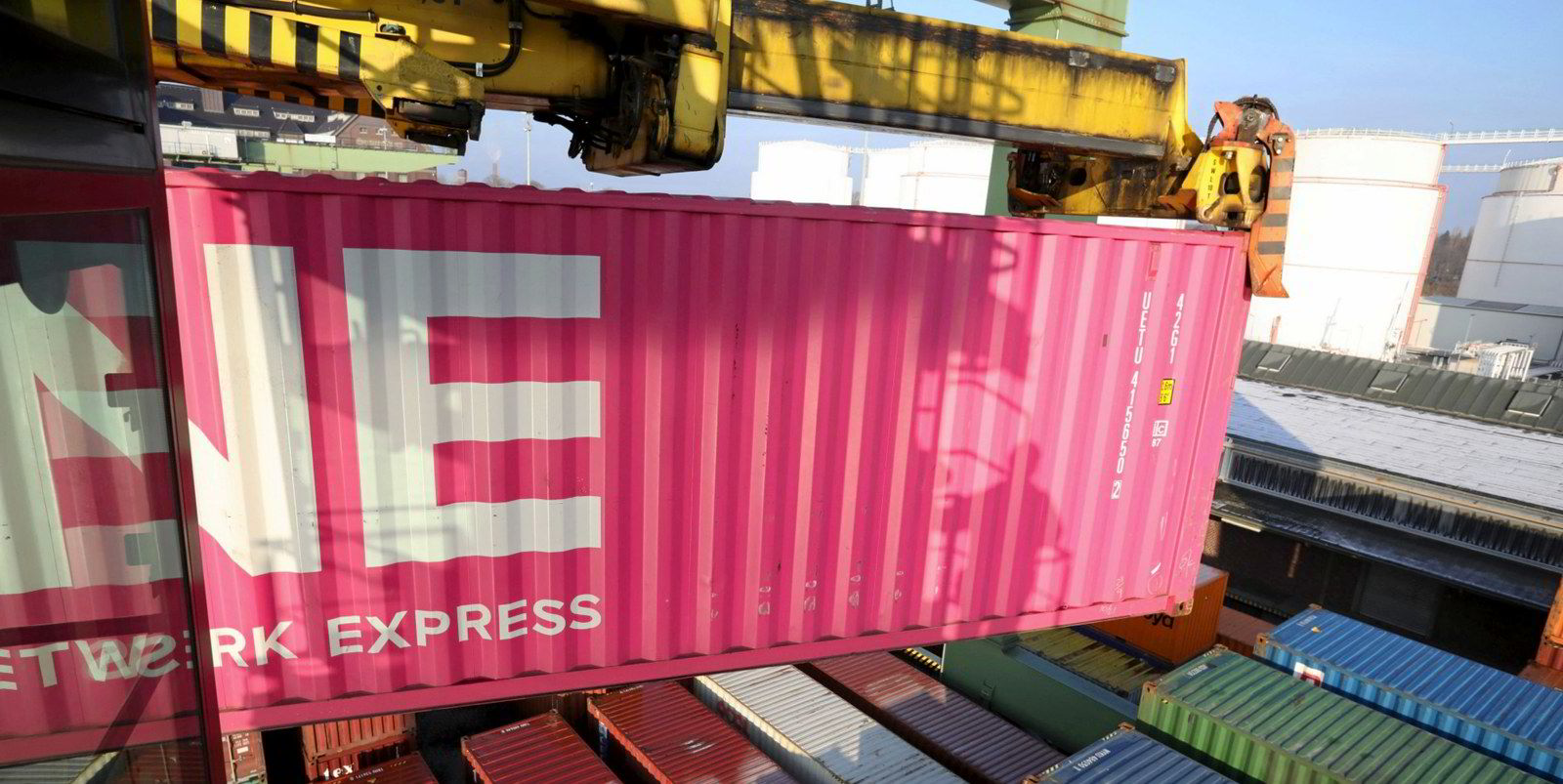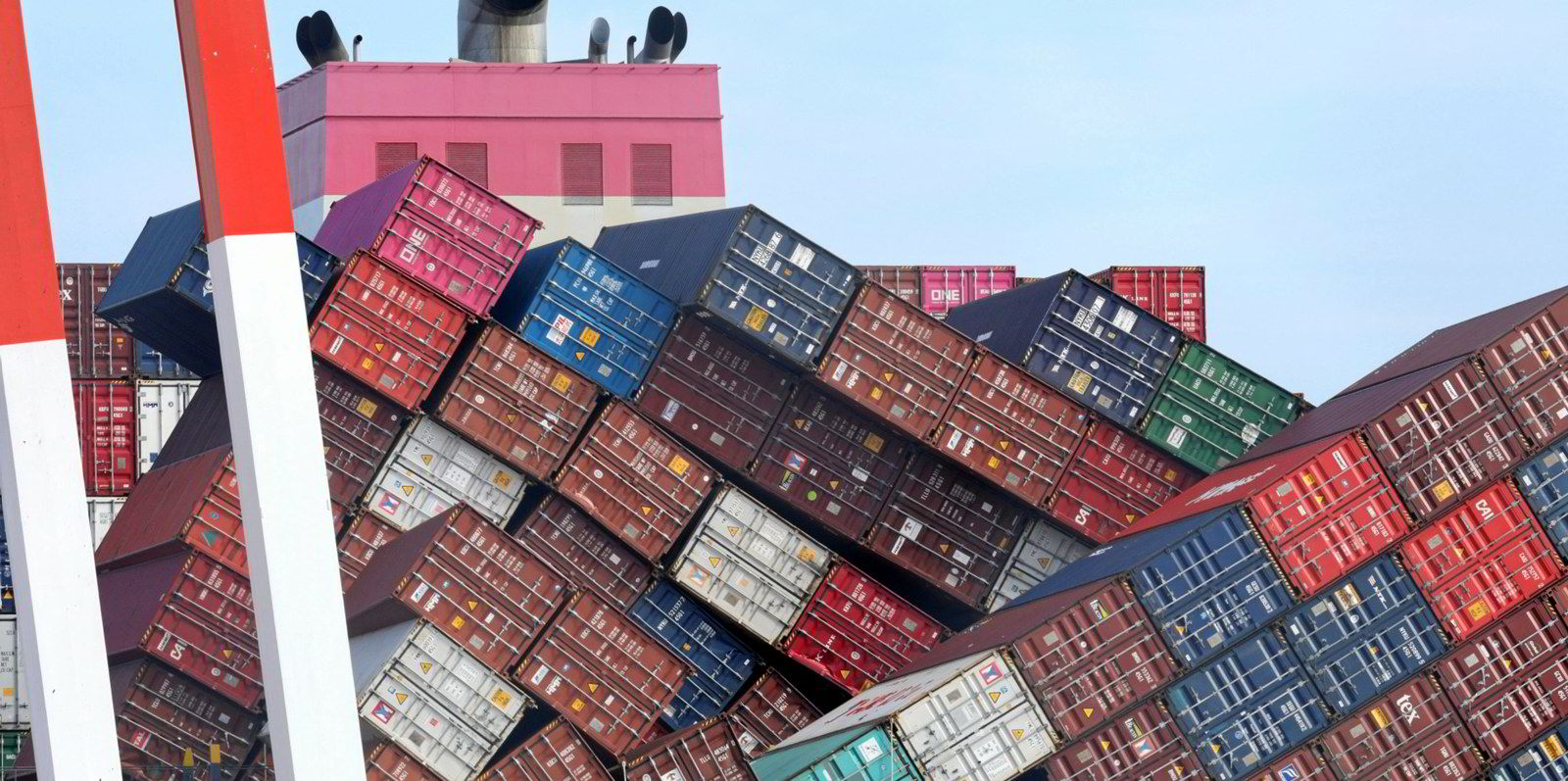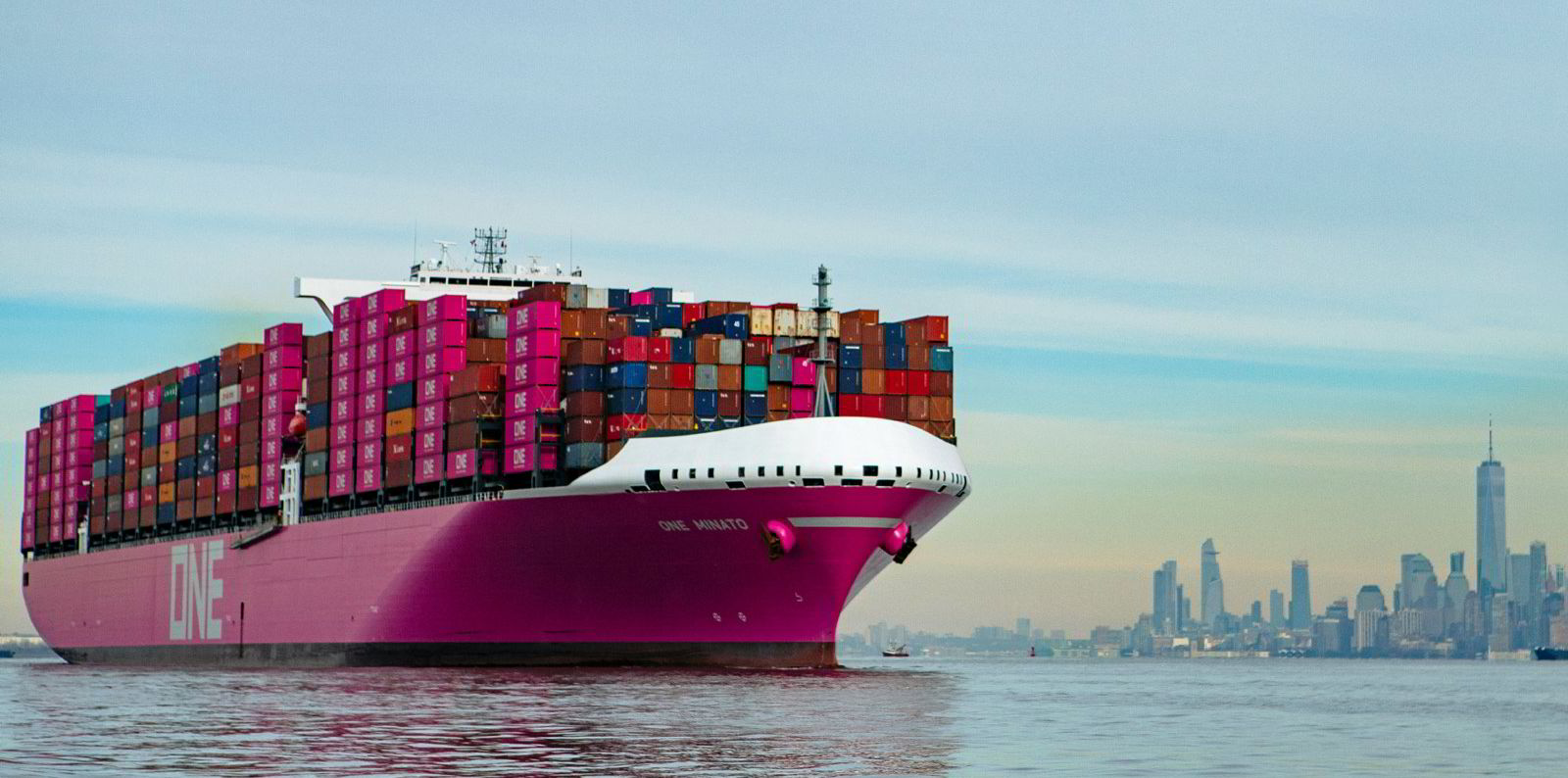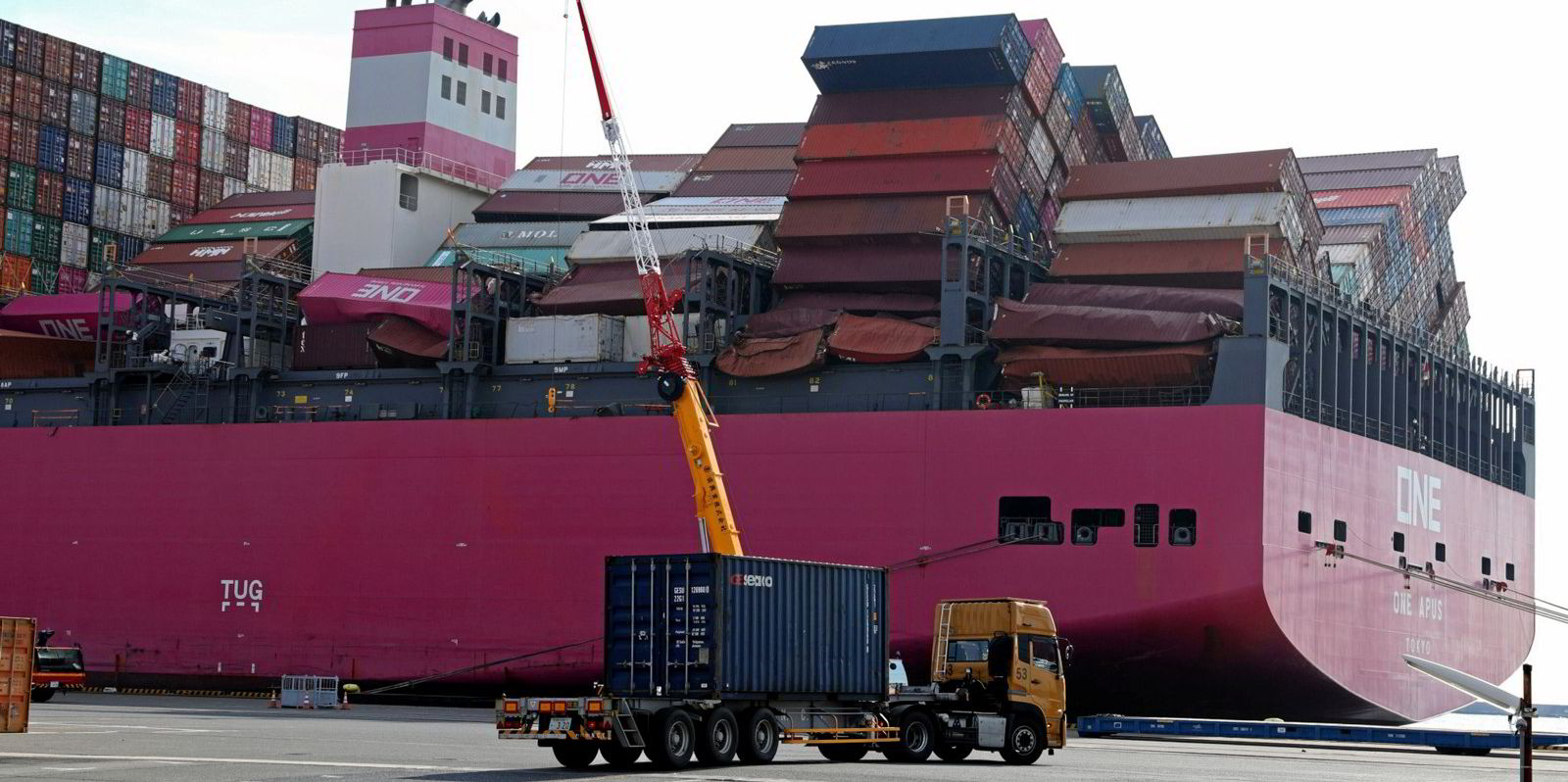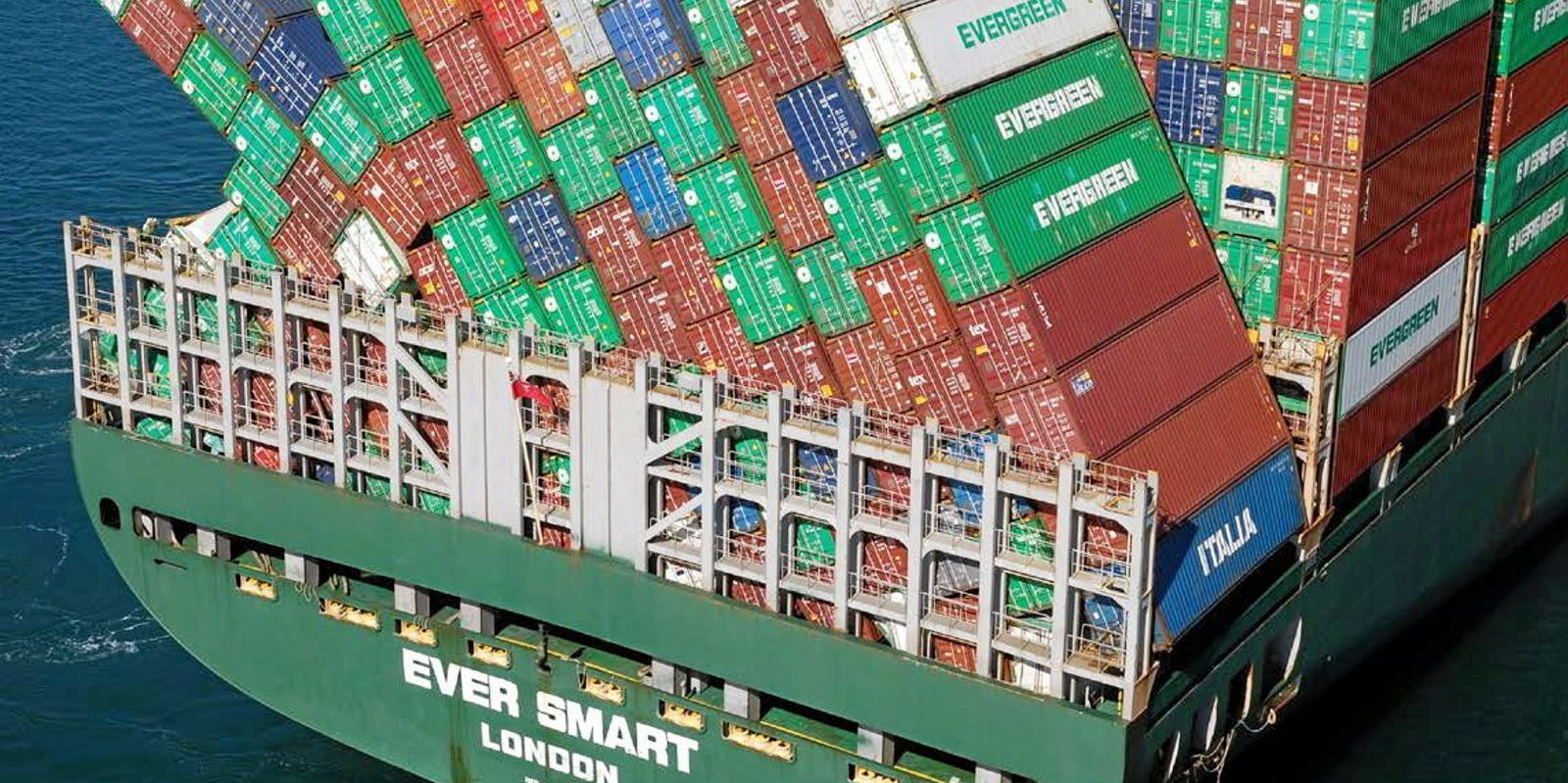The average number of containers lost overboard rose to a seven-year high of more than 3,000 in 2020, and this year may outpace that.
There are many contributing factors in such accidents, but working for a ship-routing company affords me a bird’s-eye view of two of them: the weather and the global economy.
Weather patterns change constantly. The same is true of the global economy, where we see up close the fluctuating patterns of maritime trade. We try to balance these factors by helping ship operators to optimise voyages and limit risk.
Developments in observation — physical networks and remote sensing — numerical modelling and data assimilation have radically improved weather forecasting over recent years. New techniques such as AI are further enhancing our expertise.
However, despite these improvements, weather forecasts still carry some inherent uncertainties. Our understanding of the physics that governs the atmosphere is still lacking in some areas, while observational error remains a major source of forecasting errors.
Understanding the risks of forecast change, and supplementing decisions on route choices or specific vessel handling with that information, are crucialto managing the uncertainty of forecasts and improving the safety of ships at sea.
While violent weather certainly played a role in last winter’s container losses, other factors were also at play.
Increases in demand related to the pandemic led to as much available capacity as possible being used on ships on the key Asia-US trades.
Stiff and tender ships are more susceptible to vessel motions, particularly resonant motions such as synchronous or parametric rolling, successive wave attack or loss of intact stability. Larger roll angles increase stresses on twist locks on the highest tiers of containers.
We know that vessel motions are responsible for these types of accidents.
Incentivising safer route choices
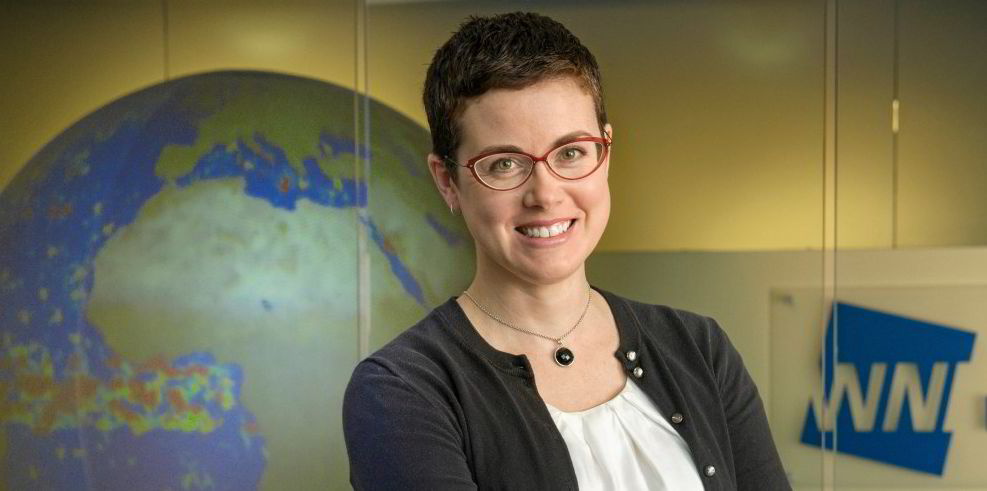
So monitoring the tendency of a vessel to be tender in conjunction with related weather risks is key — that is, understanding the risks for vessel motions with voyage optimisation strategies and alerting shoreside operators when problematic motions are expected, in particular to avoid wave areas that will cause high risk of synchronous and parametric rolling.
Voyage optimisation balances fuel consumption against sailing schedules, but safety should always be the top priority.
The increasing frequency of extreme weather events linked to man-made climate change is a risk that operators must be aware of, given the trend towards more aggressive, apparently cost-saving routing strategies.
Here, the use of probability forecasts in voyage planning content is required to support responsible decision-making.
Incentivising safer route choices by indemnifying losses due to delayed estimated arrival times or excess fuel consumption incurred by diverting to steer clear of severe weather is another holistic approach to avoid exposing ships to excessive risk.
As ships grow larger, their handling in heavy weather is not as well understood, and masters may have less experience with the countermeasures needed to avoid or minimise problematic vessel motions.
Given that the winter spate of accidents involved five giants in the 13,000-teu to 14,000-teu range, it may become necessary to review designs for these vessels, along with guidance and training on countermeasures in varying conditions.
However, new environmental regulations and the emphasis on meeting the International Maritime Organization’s Energy Efficiency Operational Index and Energy Efficiency Design Index targets suggest that fully laden vessels, and continuing to push the limits of vessel size, will continue to be a challenge.
These trends considered together — larger, more tender vessels plying new trades at a time of increasing weather risks — mean a deeper understanding of ship motions for big vessels in harsh conditions across the Pacific (and Atlantic) in the winter is a key factor in avoiding future accidents.
Amy Buhl is marine group operations general manager at Weathernews
Do you have an opinion to share? Email: news@tradewindsnews.com
